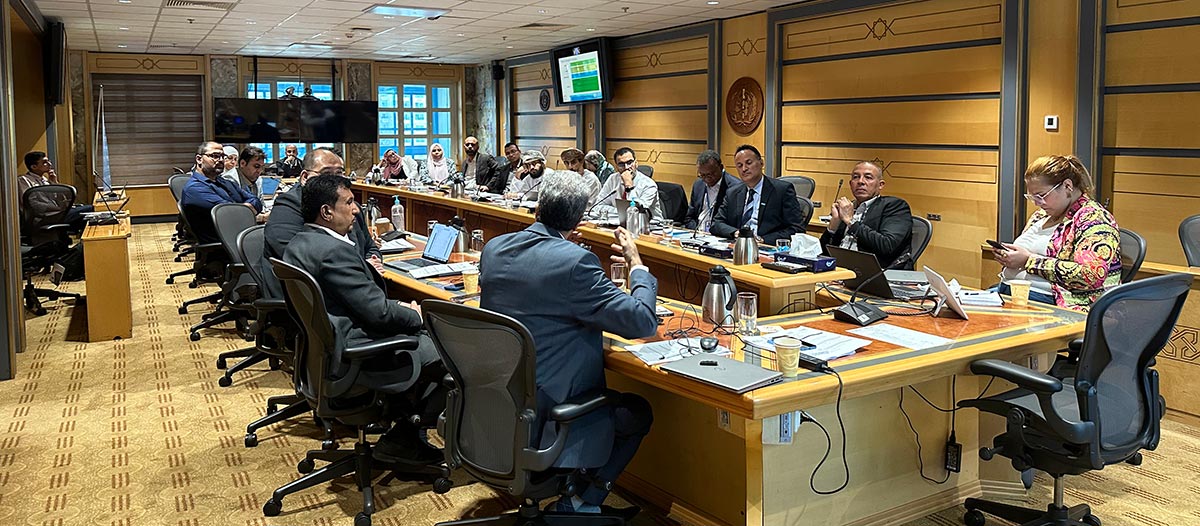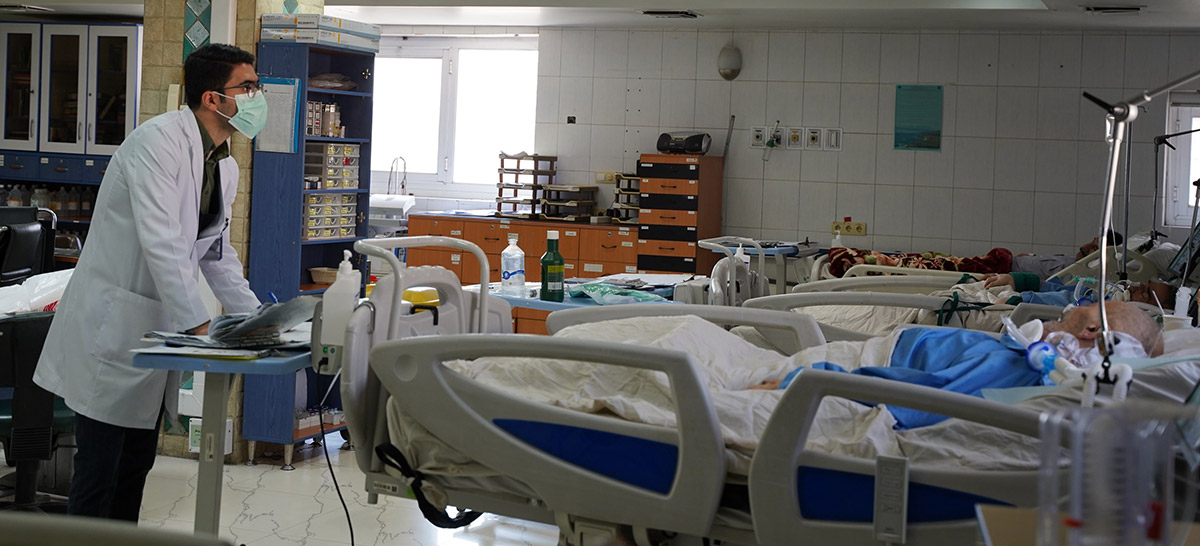
22 November 2023, Cairo, Egypt – The WHO Regional Office for the Eastern Mediterranean ran a 2-day capacity-building training for 6 countries to strengthen the safety and preparedness of health facilities to better respond to and manage emergencies and disasters. Participants from Afghanistan, Egypt, Islamic Republic of Iran, Oman, Pakistan, Syria and Yemen took part.
The subregional workshop on safe emergency and disaster-resilient hospitals introduced the participants to the concept of hospital resilience as well as key resources and tools to guide the process of bolstering hospital preparedness for emergencies and disasters.
Hands-on training on how to apply WHO’s Hospital Safety Index was also provided to the 22 workshop participants. This index is used to assess a hospital’s safety and vulnerabilities and inform recommendations on actions to promote low-cost, high-impact measures to improve safety and strengthen emergency preparedness.

Hospitals play a central role in the response to and management of health emergencies and disasters. The COVID-19 emergency and myriad other natural and human-made disasters in the Eastern Mediterranean Region have exposed vulnerabilities in hospitals that can threaten continuous and robust health service delivery. Hospital safety and resilience have thus become top priorities in the overall health emergency response and management cycle.
The workshop also aimed to train hospital managers to use evidence-based planning to integrate solid recommendations into their plans to enhance preparedness and reduce disaster risks.
The workshop participants, who had a wide range of professional backgrounds, included emergency medicine consultants, medical disaster management specialists , national consultants on hospital resilience, and research and development managers.





